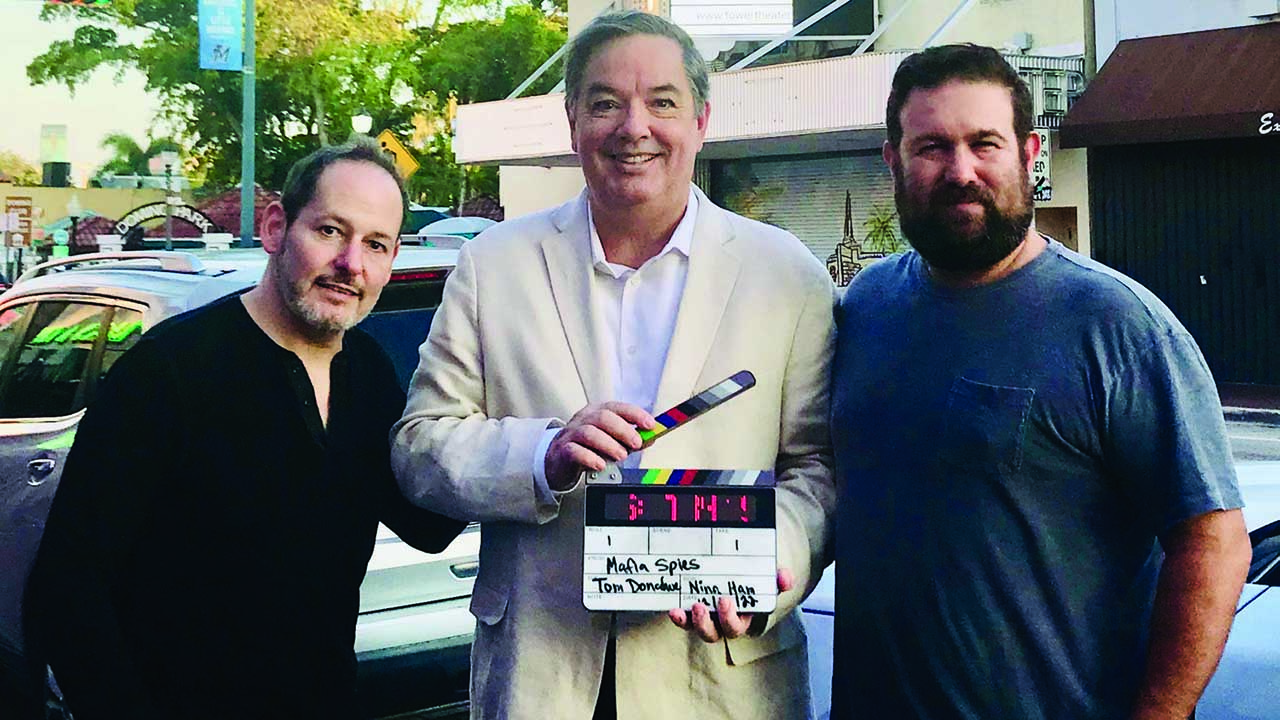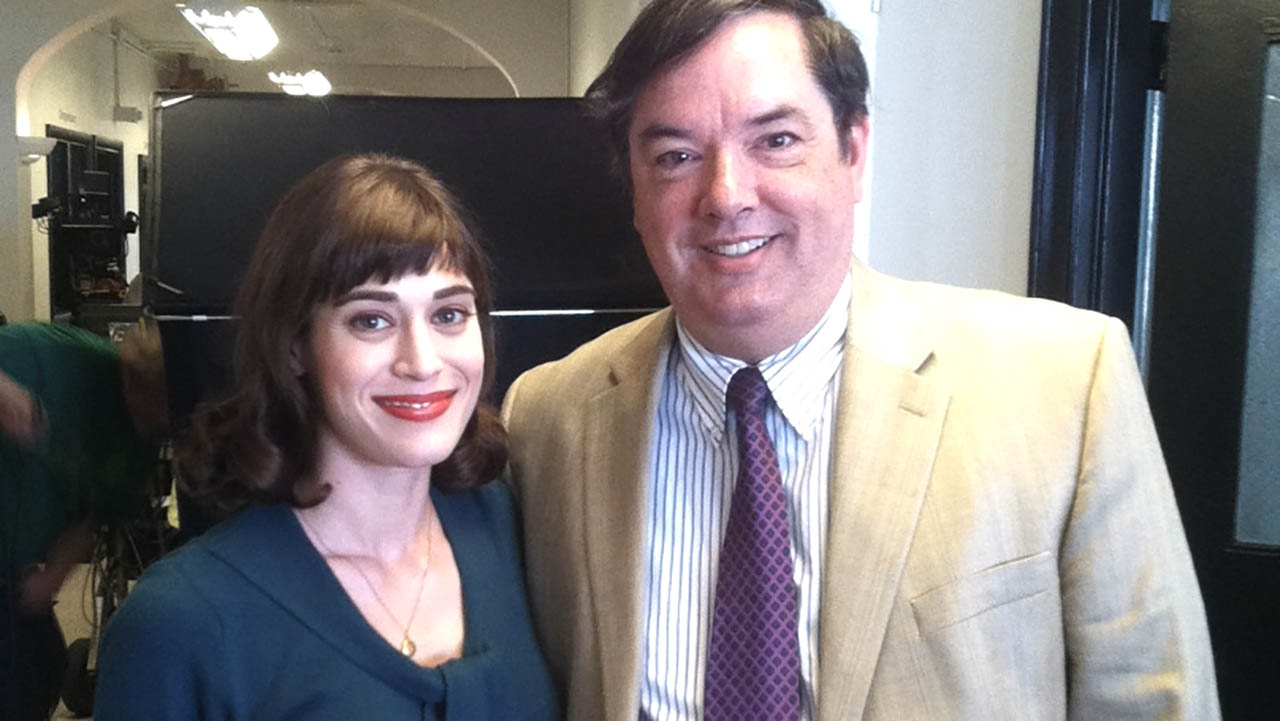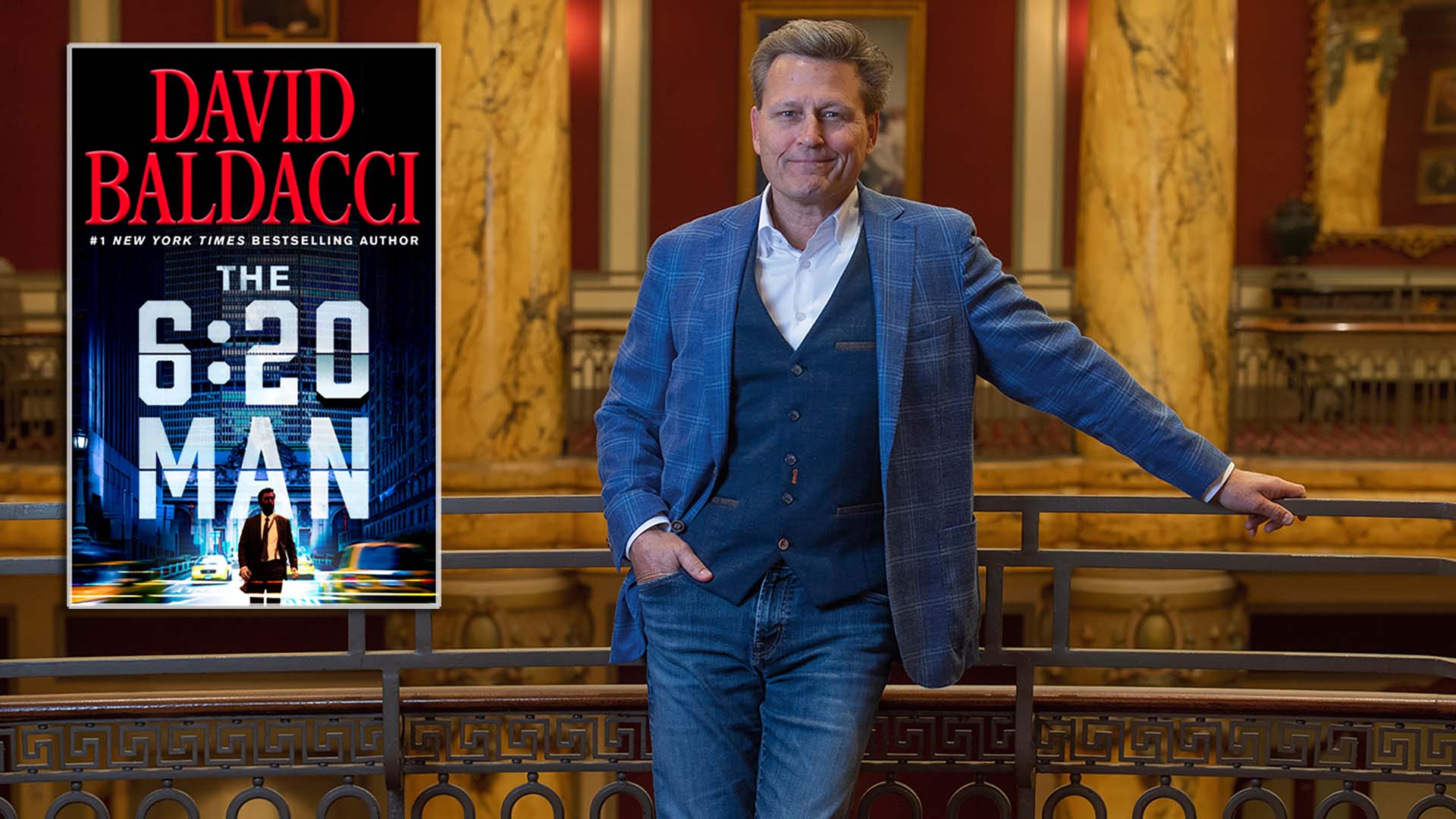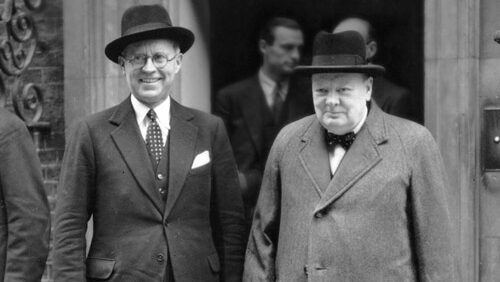A decade after finding global success with a historical deep-dive on love and sex, a second television project from ICIJ member Thomas Maier explores darker fare in a new documentary series focused on a 1960s assassination plot.
The six-part series “Mafia Spies” is set to premiere on Paramount+ on July 16, and tells the story of two Chicago mobsters, Johnny Roselli and Sam Giancana, who were hired by the CIA to kill Fidel Castro. The series is based on Maier’s 2019 book of the same name, which drew from revelations in the JFK Files — an archive of government documents related to the investigation of John F. Kennedy’s assassination that have gradually been made public — to explore the overlap of the 1960s criminal underworld and Cold War political intrigue.
Maier, who recently retired after 40 years at Newsday, has written a number of books, including the 2009 biography “Masters of Sex,” the story of two researchers studying human sexuality in the 1950s and ‘60s, which was adapted into an Emmy award-winning show that ran for four seasons.
ICIJ spoke with Maier about the world of the 1960s mafia, the new series, and what lessons it holds for modern day viewers. This interview has been edited for length.
Let’s start by going backwards in time — where did the idea for the original book come from?
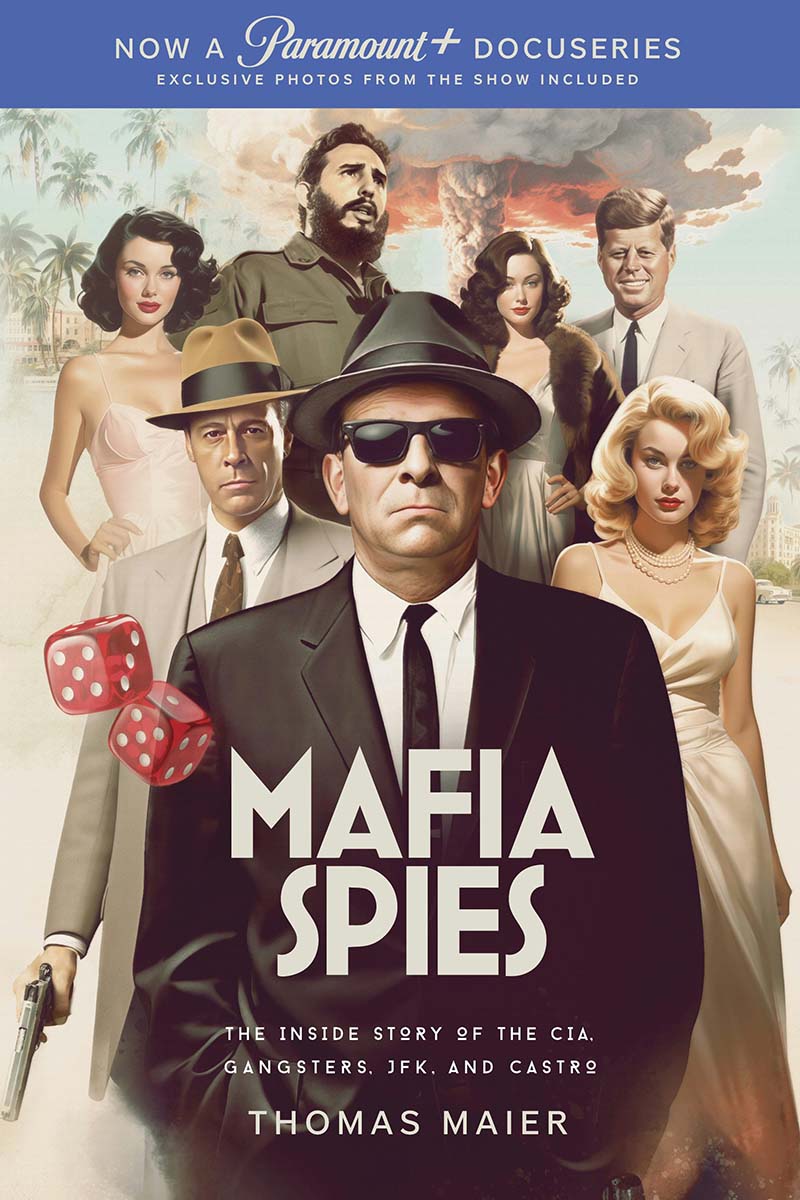
It was a natural progression from my original two books about the Kennedys. And as a reporter in Chicago for the Sunday Times, and then at Newsday, I covered a number of different organized crime stories.
Framing the book through the window of these two gangsters [Giancana and Roselli] who were personally very different, but were professionally joined in this extraordinarily extensive mafia organization that was based in Chicago, but spread to Hollywood, to Las Vegas, Cuba — I realized I had a window into this very complicated world.
And I thought that would be a very entertaining, interesting book. I particularly was interested in how the two men differed. And so I thought the pairing of these two very different men involved in this extraordinary exploit to try to kill Castro, being hired by the CIA during the Cold War, would make for a fascinating story.
Talk to me about the themes that drew you to telling this story?
I was fascinated about America’s love affair with violence. And, particularly, this is a book that is about state-sanctioned assassination. It’s about the rather craven, almost psychopathic aspect of mob violence, the randomness of it, the extraordinary cruelty of it, and how violence is used to reinforce power. “Masters of Sex” was essentially about love and sex, and all the aspects of one end of an emotional spectrum. And so the idea of doing “Mafia Spies,” on the other end of that spectrum, about violence, I thought it would be a dramatic change of pace for me, and would be something that says a lot about America, about foreign policy, about the relationship of the underworld to officialdom. And ultimately, the compelling story of these two gangsters is a window or a way of looking into this whole complicated world.
When you were writing the book, did you always visualize it as ending up on the screen?
I did. In fact, the way it started was, I went to lunch with a man named Peter Roth, who at the time was the head of Warner Brothers television, while “Masters of Sex” was on the air. And he asked me, “What’s next?”
I said, “Well, I’m thinking about a book about two gangsters hired by the CIA to kill Fidel Castro during the Cold War, and they wind up getting murdered. And nobody really knows why.”
He immediately said, “That’s great. Let’s do it.” I said, “Peter, I haven’t written the book yet!” He said, “Okay, well, we’ll put that into the contract — that the book will be finished.”
It’s fascinating to see your book come to life. It’s not like a term paper type of documentary. They definitely made it as a narrative of the two gangsters, and I think it helps explain a very complicated story. I’ve learned that, of the people who watch the TV show, not everybody’s going to go buy the book. But the TV show does a great job of presenting the essence.
Without going into too much detail, since the show has yet to come out, what’s your pitch for a viewer of why this story is worth watching and retelling in today’s world?
The big question is, what do we do when we have a threatening person? Like Castro? How do we respond? Does America authorize an assassination attempt or not? And we have had a lot of debate about that. It goes all the way back to whether or not we should have tried to assassinate Adolf Hitler, and would millions of people have been saved? In the 1970s, there were hearings about this case, and it was decided that we should never get involved in assassinations. But in the world of drone attacks, we have seen a number of different state-sanctioned assassination attempts. And so I think “Mafia Spies” certainly begs the question about, should we be involved in assassination attempts? And are they ever justified? That’s one question.
There’s a lot of debate right now about the future of how we should treat Cuba. It’s very helpful to look back at what happened during this time period to understand the roots of what’s going on today. Should we be embracing Cuba? Or should we be vilifying them as a communist state? What is the role of the Russians in the world? They were very much a bad actor and almost caused World War III with their behavior in Cuba in the 1960s. And arguably, Russia is provoking another possible world conflict with its behavior in the Ukraine.
So it also begs the question: just how much oversight should we have about our spy organization? Should spying be just the collection of intelligence about other countries? Or should it be involved in covert action? [Do] we wind up trying to kill enemies or perceived enemies of this country, as we did in this Castro assassination attempt? There’s a lot of lessons in “Mafia Spies” that apply very much to today’s politics.
“Mafia Spies:” The Inside Story of the CIA, Gangsters, JFK, and Castro is available via Skyhorse Publishing. “Mafia Spies” the documentary series will premiere on July 16 on Paramount+.
